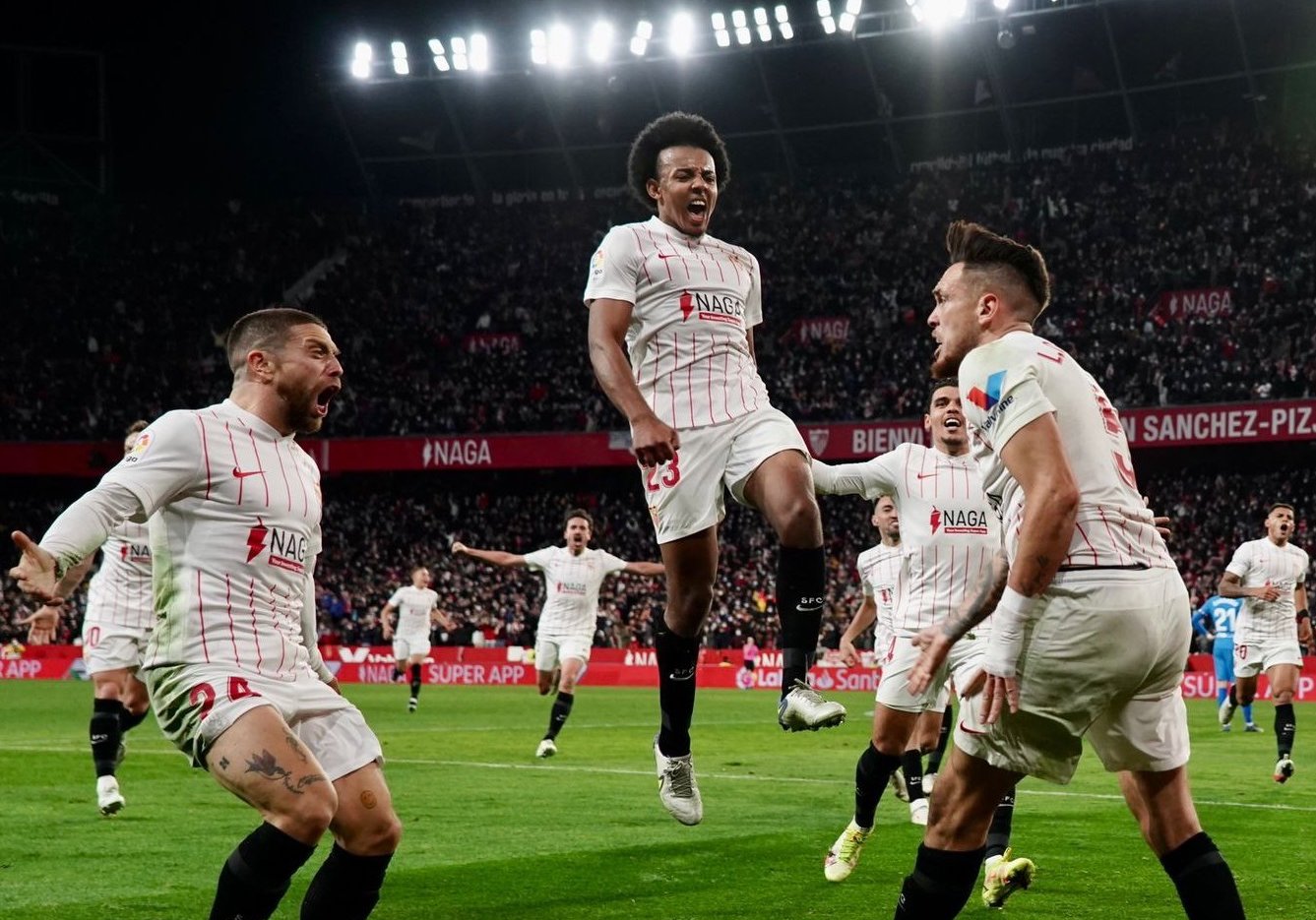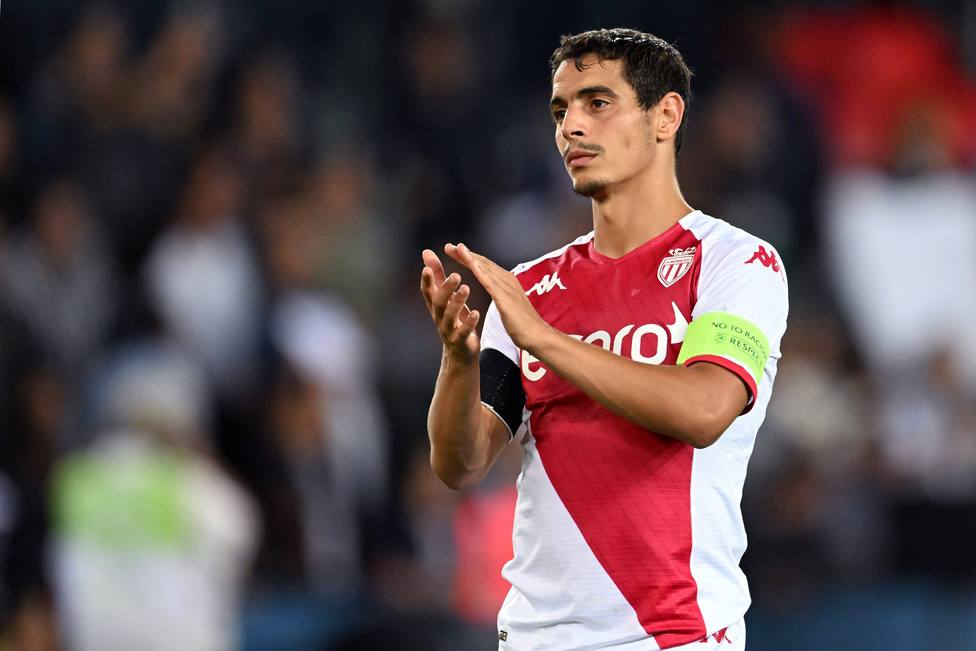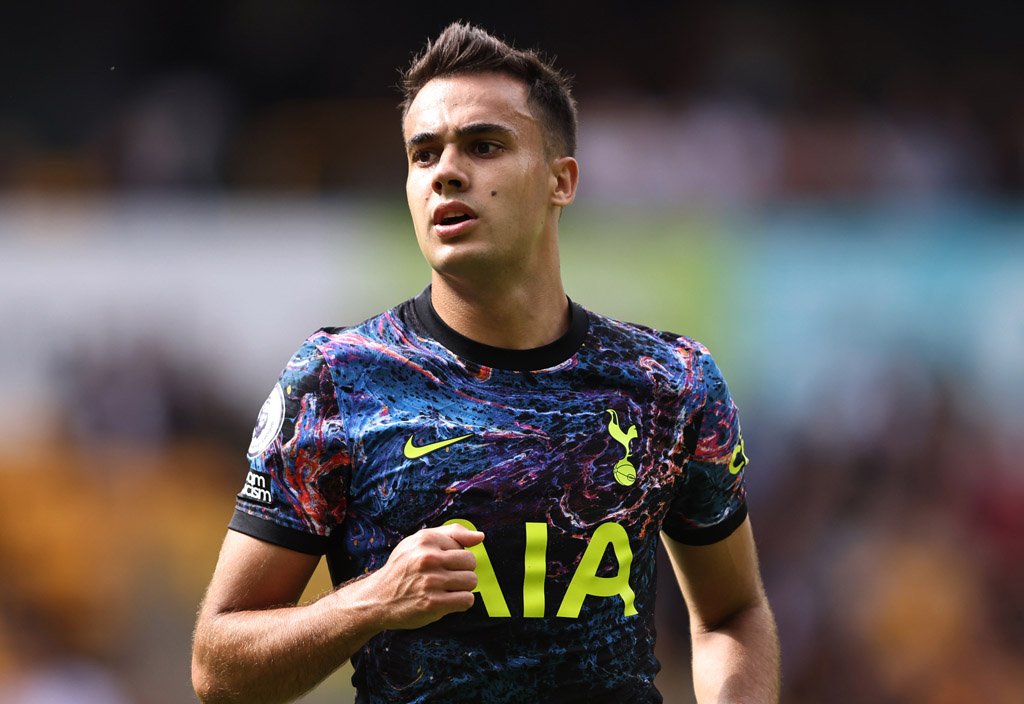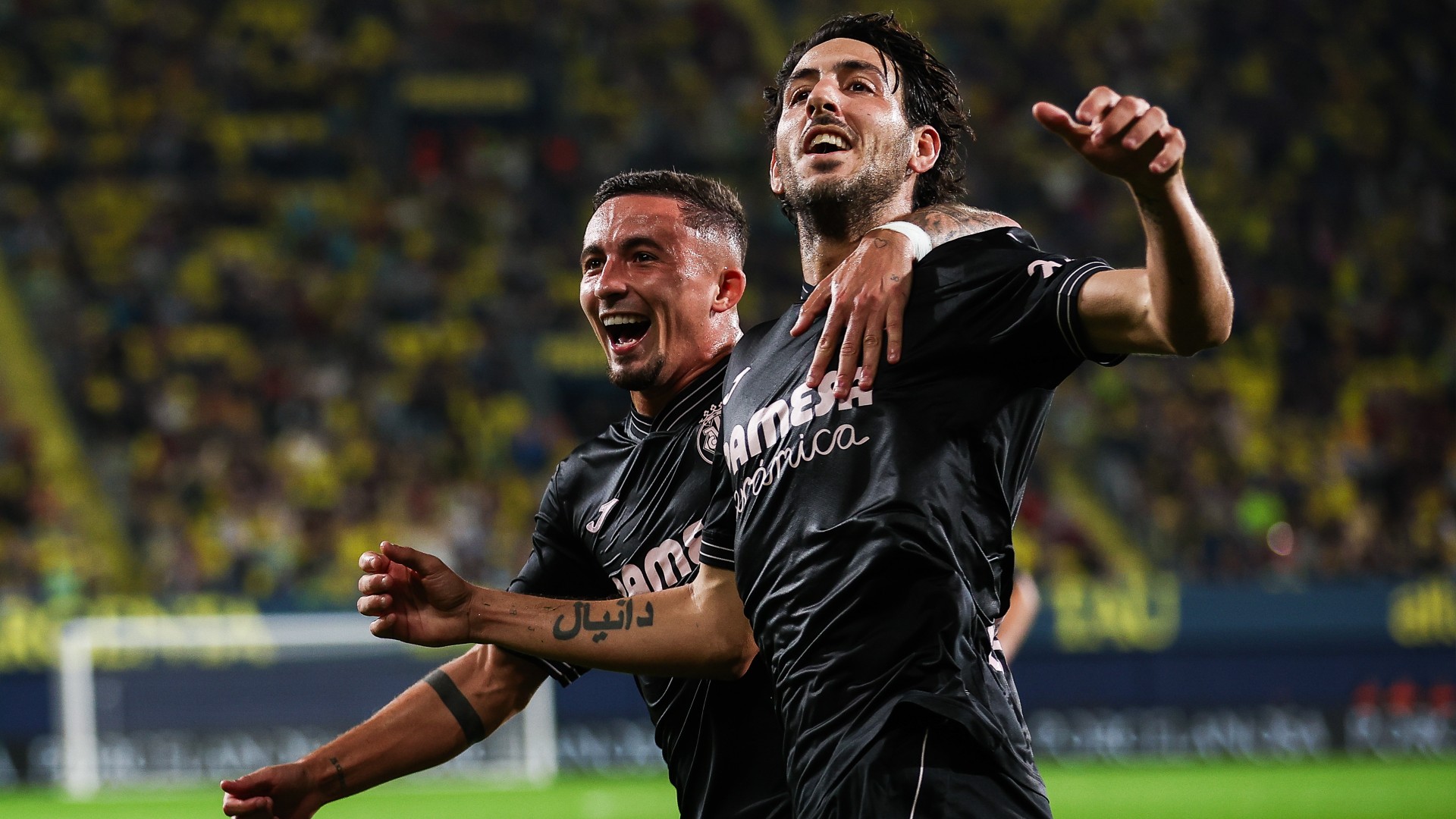This article was produced in partnership with LigaFever.
Just finished Squid Game, and before you say ‘What took you so long?’ I have the pre-prepared retort that I prefer to let the hype settle before I tune in. I came late to Game of Thrones for the same reason, but returning to the Korean series, I wasn’t expecting that ending. I won’t deliver a spoiler, but unexpected twists are hard to deliver these days… and in football terms, you probably know where this is heading.
It seems as if Spanish football is in need of ‘a Leicester’, a twist – and has been in need for some time now. Every season we look for the possible candidate, but the twist in the tale is that the baddy always wins – depending on your definition of the baddy, of course. For the last two seasons the pre-Christmas candidate to break the triopoly of Real Madrid, Barcelona and Atlético has been Real Sociedad, but once again, they appear to be falling by the wayside. Sevilla have offered up their candidature too in recent seasons, but have been largely dismissed by a lack of consistency, as opposed to the issue of Real Sociedad’s youth.
Betis might also be considered a minor player in this game of thrones, but the triopoly has not been broken since Valencia won the title in 2004. Are folks happy with this? Does the national psychology crave the creation and maintenance of behemoths, so that everyone feels safe and sound in their beds? Are the eternal candidates destined to end up like squid-game fodder?
Given this framework, and with the Christmas break now upon us, what can be concluded? Maybe that hope springs eternal in the breast, and that Real Madrid, despite their recent strutting, cannot quite be trusted as yet. Their 0-0 draw at home to struggling Cádiz cannot be attributed to Covid (Modric was missing) but to Cádiz’ stubborn bus-parking pluck and a certain lack of white-shirted inspiration – but hey – they can’t always be expected to triumph.
The problem for the dreamers of democracy is that Sevilla’s win over Atlético was hardly a triumph either, and that the visitors can consider themselves a tad unfortunate. But Sevilla are only six points behind Madrid, with a game in hand. They certainly have the players and the desire to mount a serious challenge, and Madrid are due a wobble. Not only that, but the older knees of key Madrid players will begin to creak once the winter has done its bidding. Is there are a satisfactory set of replacements to take them over the line? Camavinga, Ceballos, Valverde? That looks a half-decent midfield to me, or combinations thereof. They just might need a bit more practice, and get to know each other.
Atlético appear to have lost their throne already, which is bad news for Cholo fans and good news for his growing band of detractors. Luis Suárez, substituted grumpily in the second half, may or may not represent the general mood in the camp – it’s hard to tell. They actually played well in Seville, but with Joao Felix mysteriously on the bench for the first half, Simeone’s strategy was hard to work out.
Interestingly, that makes it three league defeats on the trot for Atlético, the first time that this has happened in the Cholo era (since 2011). Whilst this says a lot for Simeone in historical terms, you’re only as good as your last match, as Brian Clough remarked – or your last three. They’ll welcome the Yuletide break, after which they’ll have an interesting encounter in the Wanda against neighbours Rayo Vallecano, who fit rather nicely into this tale-twisting narrative.
Let’s just squeeze in Barça, before we look at Rayo. The team that finally defeated Elche 3-2 looked like a team of schoolboys unfeasibly dressed in adult gear, but the Gavi-Nico twinning looks like the future, particularly if you throw Pedri and Ansu Fati into the mix. The problem now is that whilst the oldies are failing, the young ‘uns cannot be expected to achieve too much, perhaps apart from an acceptable position in this season’s final standings. Can (Can) Barça adopt that public stance this season? There’s the key, one suspects.
In some other time continuum, Rayo sit fourth, with a mere two points dropped representing the best home record of any side in the major European leagues. They’re a point ahead of Atlético and three shy of the semi-rampant Betis, and the big question is whether they can sustain it.
Certain players are emerging as known or unknown unknowns (to quote Donald Rumsfeld) – particularly the midfield. Trejo looks magnificent (a known unknown – KU henceforth), as does his fellow KU mid Alvaro Garcia. Pathé Ciss (UU) looks a handy chap to have on the bench, as does former Athletic and Rayo loanee Unai López, not quite a KU but a quality player to have around.
Throw in Isi Palazón (UU) and you have an interesting and unexpected combi of players who have so far been difficult to read, for the rest of the top flight’s incumbents. The sand in the vaseline for Rayo, of course, is that their away haul of 5 points is more akin to relegation form. If they can sort that, then the unlikely sight of the Robin-Hood-Marxist heroes with their tiny three-sided ground lining up for the Champions League anthem begins to come into view – albeit in fuzzy focus.
A lot of this is down to their coach, Andoni Iraola. Iraola is from near San Sebastián, and was part of the legendary Antiguoko side of the mid-90s, a small but elite boys’ academy in the Antiguo neighbourhood of the city. My son went on to play for them, at the same time as Rayo’s aforementioned Unai López, and there were plenty of anecdotes from players’ parents to listen to about squads from the past. Antiguoko have flitted between feeding Real Sociedad and Athletic, depending on the highest bidder, but their wonderful team from the mid to late 1990s, consisting of Xabi Alonso, Mikel Alonso, Aritz Aduriz, Mikel Arteta and company was affiliated to Athletic, much to the locals’ despair.
José María Amorrortu, Athletic’s B-team trainer-cum-scout was aware of the talent blooming there, and had paid a snooping visit to a game, only to be told that Alonso was already spoken for. Arteta had already gone to Barcelona and Aduriz didn’t impress him (at first), and so he stayed for the game, reluctantly at first but then more interested as he noticed that one of the Antiguoko full-backs was half-decent. Asking his identity, he was informed ‘that’s Iraola – nobody’s very interested in him’. Amorrortu made a note, and at the end of the season, when he was a free agent, Athletic signed him and stuck him in Basconia, another feeder team closer to home. The rest, as they say…
Iraola became something of a legend at Athletic, a serious and disciplined goal-scoring full-back who should have picked up more than seven caps for Spain. He was the kind of chap you’d have expected to go into management, and so far he’s been a success at Larnaca, Mirandés and Rayo. It may be too early to tell, but Iraola organises teams well, and makes them hard to beat.
But he’s not a pragmatist, and appears to believe in an attack-with-sound foundations approach, coupled with an obvious ability to get the best out of previously underperforming players. It’s gaining the attention of the bigger clubs, and Rayo’s chaotic off-the-field scene means that he’s unlikely to stay long, should the success continue. Meanwhile, it’s becoming the story of the season.
Betis too are a bit rampant, and at 1-2 in their game at Athletic their fluency and confidence were scary. It looked more like they were going on to win by a greater margin when it all suddenly turned upside-down, which can always happen at the cauldron that is San Mamés. The 3-2 win, returning briefly to Squid Game, was entirely unexpected, but Betis are nevertheless a side to take seriously.
At times they look the best in the league, with Canales sensational and Fekir subtle and crafty. Juanmi, an instinctive striker who often looks technically out of sorts in a footballing side has come good and improved his link-up play, and Willian José, out of favour at Real Sociedad, is a useful deep-lying forward. Bartra has also come good (Barcelona must be feeling a little peeved) and Carvalho is half-decent too. In fact, everywhere you look, it’s a top-four side. Title candidates? Probably not, but the good times are rollin’ in Seville.
Levante and Valencia finish the pre-Xmas programme on Monday night with a derby that the hosts need to win ‘como el comer’ (like eating), as the Spanish say. Only trouble is, they may find some squid on the menu.




